
Drug overdoses, suicide, and homicide also have been significant causes of death during this time.

Drug overdoses, suicide, and homicide also have been significant causes of death during this time.

Race in medical diagnosis and treatment has a centuries-old history of mistreatment, which still peeks through in today’s medical environment. Now, the American Academy of Pediatrics aims to eliminate the use of race-based medicine with its new policy statement.
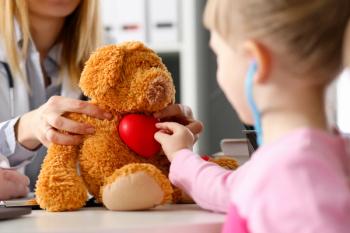
A look at the New Jersey Chapter of Make-A-Wish, the birth of this organization, and how pediatricians can help to get the message out there.

At the virtual 2021 American Academy of Pediatrics National Conference & Exhibition, Christina Low Kapalu, PhD, discusses evidence-based lifestyle interventions that should be part of an adolescent depression management and treatment plan.

At the virtual 2021 American Academy of Pediatrics National Conference & Exhibition, Maria Rahmandar, MD, FAAP, reviews issues surrounding teen e-cigarette use in schools, along with methods to help teens quit.
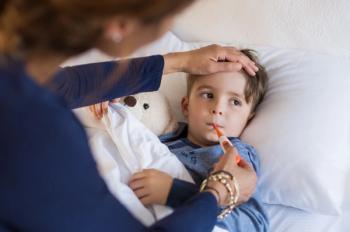
At the virtual 2021 American Academy of Pediatrics National Conference & Exhibition, Ibukun Kalu, MD, discussed what is known about the pathophysiology of multisystem inflammatory syndrome in children and implications for related diseases such as Kawasaki syndrome.
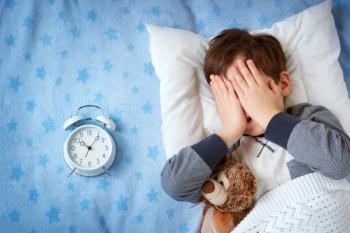
At the virtual 2021 American Academy of Pediatrics National Conference & Exhibition, Grace Wang, MD, FAAP, discusses how treatment of underlying sleep disorders can improve ADHD symptomatology.

At the virtual 2021 American Academy of Pediatrics National Conference & Exhibition, Jay Rabinowitz, MD, FAAP, discusses the benefits of incorporating a mental health provider into your pediatric practice.

The mission of Make-A-Wish is to create life-changing wishes for children with critical illnesses.
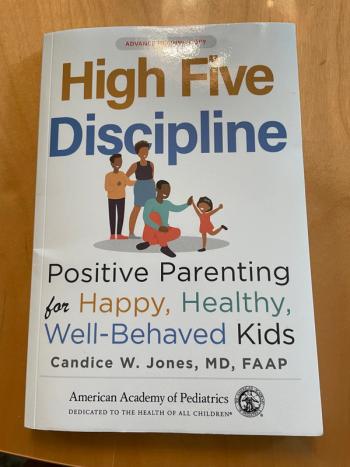
Recently, I talked to Contemporary Pediatrics' Editorial Advisory Board member Candice W. Jones, MD, FAAP, about her new book, "High Five Discipline: Positive Parenting for Happy, Healthy, Well-Behaved Kids," published by the American Academy of Pediatrics.
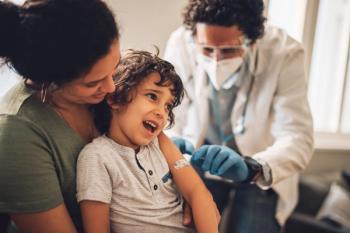
Anthony S. Fauci, MD, Director of the National Institute of Allergy and Infectious Disease, reveals when he believes a COVID-19 vaccine for children aged less than 12 years will be available.

Fact vs myth when it comes to babies breathing during breastfeeding.

Here's how the Make-A-Wish Foundation began

New Jersey becomes 1 of the first states to mandate wearing masks for public schools this fall.
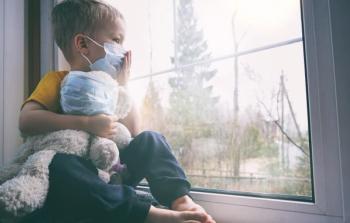
The latest report from the American Academy of Pediatrics.

When a child cannot tolerate cow's milk, the choice of formula should be informed by the condition that precludes the child from consuming cow's milk or breast milk. Here are 4 specialty formula types.
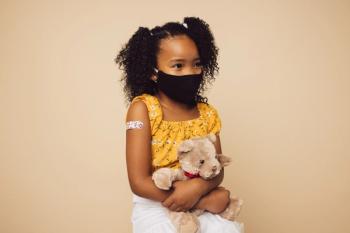

Contemporary Pediatrics speaks with Dr. Jeffrey Gerber about when we will see COVID-19 vaccines for children aged less than 12 years.
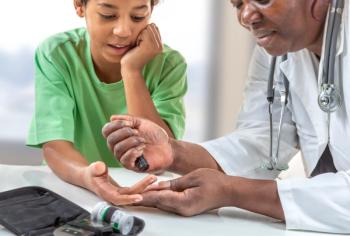
At the virtual Scientific Sessions for the American Diabetes Association, Dr. Angela D. Liese, PhD, discussed the epidemiology of type 2 diabetes in children.
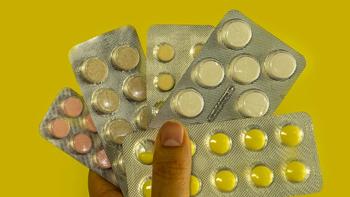
At the virtual Scientific Sessions for the American Diabetes Association, a study shows that metformin can improve adolescent type 1 diabetes.

Contemporary Pediatrics talks to Dr. Katherine Luzuriaga about COVID-19 vaccines for children.

Contemporary Pediatrics recently talked to Dr. Jeffrey Kahn, chief of Infectious Diseases at Children's Health and professor at UT Southwestern about the children's vaccine for COVID-19, the importance of pediatricians, and why the plan to get children vaccinated now should follow the rubella strategy.

A pediatrician reflects on all the lessons learned from the COVID-19 pandemic.

The Centers for Disease Control and Prevention just announced that fully vaccinated people can resume normal activities without a mask.

At the virtual World Vaccine Congress Washington 2021, scientists and pediatricians discussed the pros and cons of vaccinating children and adolescents against COVID-19.

A look at the highlights from the 30th annual Pediatric Pharmacy Association meeting.

The US Food & Drug Administration is about to authorize use of the Pfizer-BioNTech COVID-19 vaccine for children aged 12 to 15 years old.

Adverse childhood experiences (ACEs) are associated with poor health outcomes over the course of a life, but there is still little information on clinical workflows to guide these implementation practices. At the virtual 2021 virtual Pediatric Academic Societies meeting, Julia I. Reading discussed models and variations in ACE screening workflows.

The Bronx experienced 1 of the highest mortality rates of COVID-19 during the beginning of the pandemic. Some early research suggests that quarantine and school closures had a major psychosocial impact on children during this time. A study presented at the virtual 2021 Pediatric Academic Societies meeting looks at how children and teenagers living in low socioeconomic settings were affected by the pandemic.
